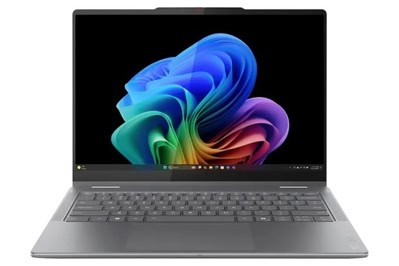History of Fuel Price Increase in Nigeria from 1973 to 2024
The rising price of petrol have always been a delicate issue in Nigeria, affecting the waves of politics and economics. Of particular note is the effect abrupt changes on fuel prices controls the inflates of our local commodities. For instance, since President Tinubu removed subsidy in 2023, prices of food commodities (such as rice, garri and beans) are reported to have surged by over 130%.
For Nigerians, 1956 marks the discovery of oil in Oloibiri – a picturesque town of Bayelsa state. Since then, black gold has been the major vertebra of Nigeria’s economy. As early as the ’70s, Nigeria was raking billions of Naira from oil, so much so that, General Yakubu Gowon famously declared, “Money is not Nigeria’s problem; but how to spend it.”
In what many research papers have highlighted as “the oil conundrum”, Nigeria’s crude oil resource has not been living its potential. Raging oil theft, deep-seated corruption and the inability of Nigeria to produce its own refinery are some of the main reasons for this disaster.
Over the years, Nigeria has been selling its populace fuel at a subsidized rate to assuage the impact of importation costs. But, what happens when a government says a definite NO to subsidy? What happens when the price of our oil is at the mercy of the US dollar? This is what happens….
Highlight of Fuel Price Increase in Nigeria from 1973 to 2024
The table below shows the petrol Price Increment under the regime of the present and past leaders.
| S/n | Regime | Year | Price |
|---|---|---|---|
| 1 | Gowon | 1973 | 6k to 8.45k |
| 2 | Murtala | 1976 | 8.45k to 9k |
| 3 | Obasanjo | 1978 | 9k to 15.3k |
| 4 | Shagari | 1982 | 15.3k to 20k |
| 5 | Babangida | 1986 | 20k to 39.5k |
| “ | 1988 | 39.5k to 42k | |
| “ | 1989 | 42k to 60k | |
| “ | 1991 | 60k to70k | |
| 6 | Shonekan | 1993 | 70k to N5 |
| 7 | Abacha | 1993 | N5 to N3.25 |
| “ | 1994 | N3.25k to N15 | |
| “ | 1994 | N15 to N11 | |
| 8 | Abubakar | 1998 | N11 to N25 |
| “ | 1999 | N25 to N20 | |
| 9 | Obasanjo | 2000 | N20 to N30 |
| “ | 2002 | N30 to N22 | |
| “ | 2003 | N26 to N42 | |
| “ | 2004 | N42 to N50 | |
| “ | 2004 | N50 to N65 | |
| “ | 2007 | N65 to N75 | |
| 10 | Yar’ Adua | 2007 | N75 to N65 |
| 11 | Jonathan | 2012 | N65 to N141 |
| “ | 2015 | N141 to N97 | |
| “ | 2015 | N97 to N87 | |
| 12 | Buhari | 2016 | N87 to N145 |
| “ | 2021 | N165 to N212 | |
| 13 | Tinubu | 2023 | N220 to N617 |
| 14 | “ | 2024 | N898 to N1,030 |

Nice article.
Thank you for this effort. Regardless that I think there are some inaccuracies, I commend you for this effort.
I think as at 1982 it was 12 kobo per litre from where it went to 20 kobo. Please check again. Thank you.
According to BBC.com: “President Shehu Shagari bin raise di price of petrol in 1982, from 15.3 kobo a litre to 20 kobo.”
This information aligns with other trusted sources as well.
Thanks for pointing out, anyway.
The writer did a great job
But research also have it that Nigeria have never sold a litre of fuel for 12 kobo.
6k to 8.45k to 9k to 15.3k
Yes